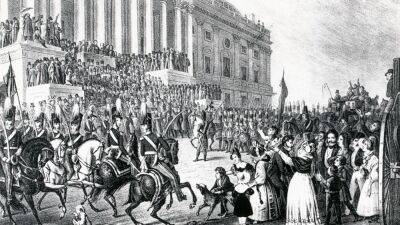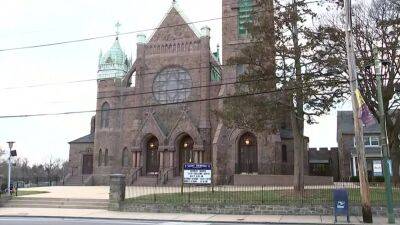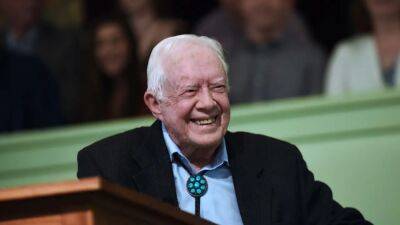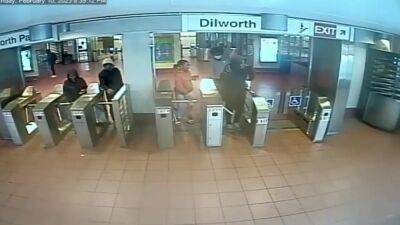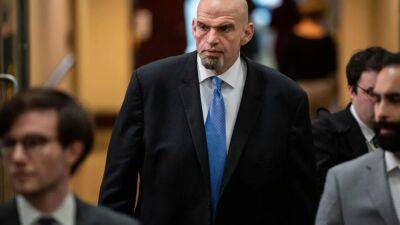15-minute cities: What are they and why some people are lashing out against them
“15-minute city.”As governments become increasingly focused on climate change and sustainability, many urban planners are looking for ways to help city dwellers become less dependent on cars.
One way to do this, they say, is by keeping the essentials for daily life — entertainment, shopping, green space, work and school — close to home.The term “15-minute city” is not a new one.
It was coined back in 2016 by Carlos Moreno, an associate professor at Sorbonne University Business School in Paris, France.
Read more: Ohio train derailment, chemical leak causes chaos: What, exactly, is going on? Read next: Part of the Sun breaks free and forms a strange vortex, baffling scientists In a 2020 TED Talk, Moreno outlines the idea of the 15-minute city, which boils down to giving area inhabitants access to the essential services they need “to live, learn and thrive within their immediate vicinity.”Ideally, residents should be able to walk or bike to work, groceries, health care and more, in approximately a quarter of an hour, he says.In the video, Moreno argues that humans’ sense of time has become “warped” due to urban sprawl, and we now accept long commutes of car-centric cities as normal.In 2021, Moreno won the Obel Award for developing the concept.“We need to broaden our focus to include different densities and territories: from the small cities to the mid-sized cities and even to the rural territories,” he said at the time.“We need to keep the concept of the 15-minute city but imagine new ways to implement its principle of proximity in other densities.”And while the concept has been picked up by a bunch of cities — Paris adopted the concept in 2020 and a group of cities in the U.K.
Read more on globalnews.ca

